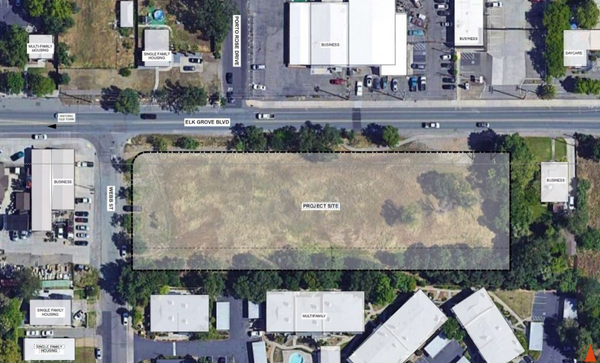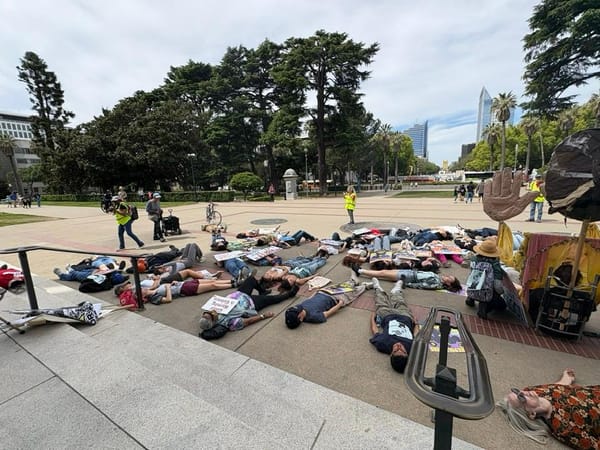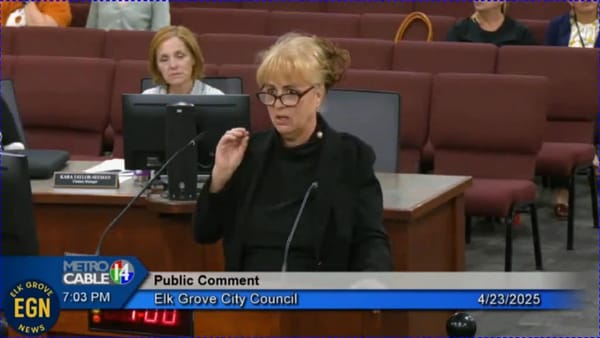Read more

Old Town Elk Grove senior affordable housing project approved for $4.2 million loan
Construction of the three-level structure is planned to start in February 2026.

California Polluters Pay Climate Superfund Act Passes First Assembly Committee
The Polluters Pay Climate Superfund Act would require the largest fossil fuel corporations to pay for the climate devastation

Can rebranding, renaming salvage the city's Ghost Ship now known as Old Town Elk Grove?
Do Old Town Elk Grove retailers have any chance of drawing shoppers to what we will say charitably are undercapitalized small businesses with limited selections?

Shattering the suburban bucolic myth, Elk Grove resident describes marauding juvenile bicyclists' harassment
Elk Grove mayors and city council members have long fancied the city as a California version of Garrison Keillor's fictional Lake Wobegon